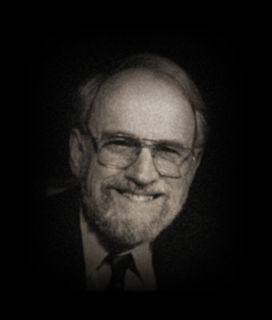A Quote by Richard Sennett
Craftsmanship names an enduring, basic human impulse, the desire to do a job well for its own sake.
Related Quotes
I felt that I could swim for miles, out into the ocean: a desire for freedom, an impulse to move, tugged at me as though it were a thread fastened to my chest. It was an impulse I knew well, and I had learned that it was not the summons from a larger world I used to believe it to be. It was simply a desire to escape from what I had.
If, then, there is some end of the things we do, which we desire for its own sake (everything else being desired for the sake of this), and if we do not choose everything for the sake of something else (for at that rate the process would go on to infinity, so that our desire would be empty and vain), clearly this must be the good and the chief good.
To grasp life and meaning, we assume constancy where it does not exist. We name experiences, emotions, and subjective states and assume that what is named is as enduring as its name. Human beings blessed and cursed with consciousness - especially consciousness of their own being - think in terms of names, words, symbols.
You sharpen the human appetite to the point where it can split atoms with its desire; you build egos the size of cathedrals; fiber-optically connect the world to every eager impulse; grease even the dullest dreams with these dollar-green, gold-plated fantasies, until every human becomes an aspiring emperor, becomes his own God... and where can you go from there?
More fundamental than religion is our basic human spirituality. We have a basic human disposition towards love, kindness and affection, irrespective of whether we have a religious framework or not. When we nurture this most basic human resource - when we set about cultivating those basic inner values which we all appreciate in others, then we start to live spiritually.
The poetic impulse is distinct from ideas about things or feelings about things, though it may use these. It's more like a desire to separate a piece of one's experience & set it up on its own, an isolated object never to trouble you again, at least not for a bit. In the absence of this impulse nothing stirs.


































